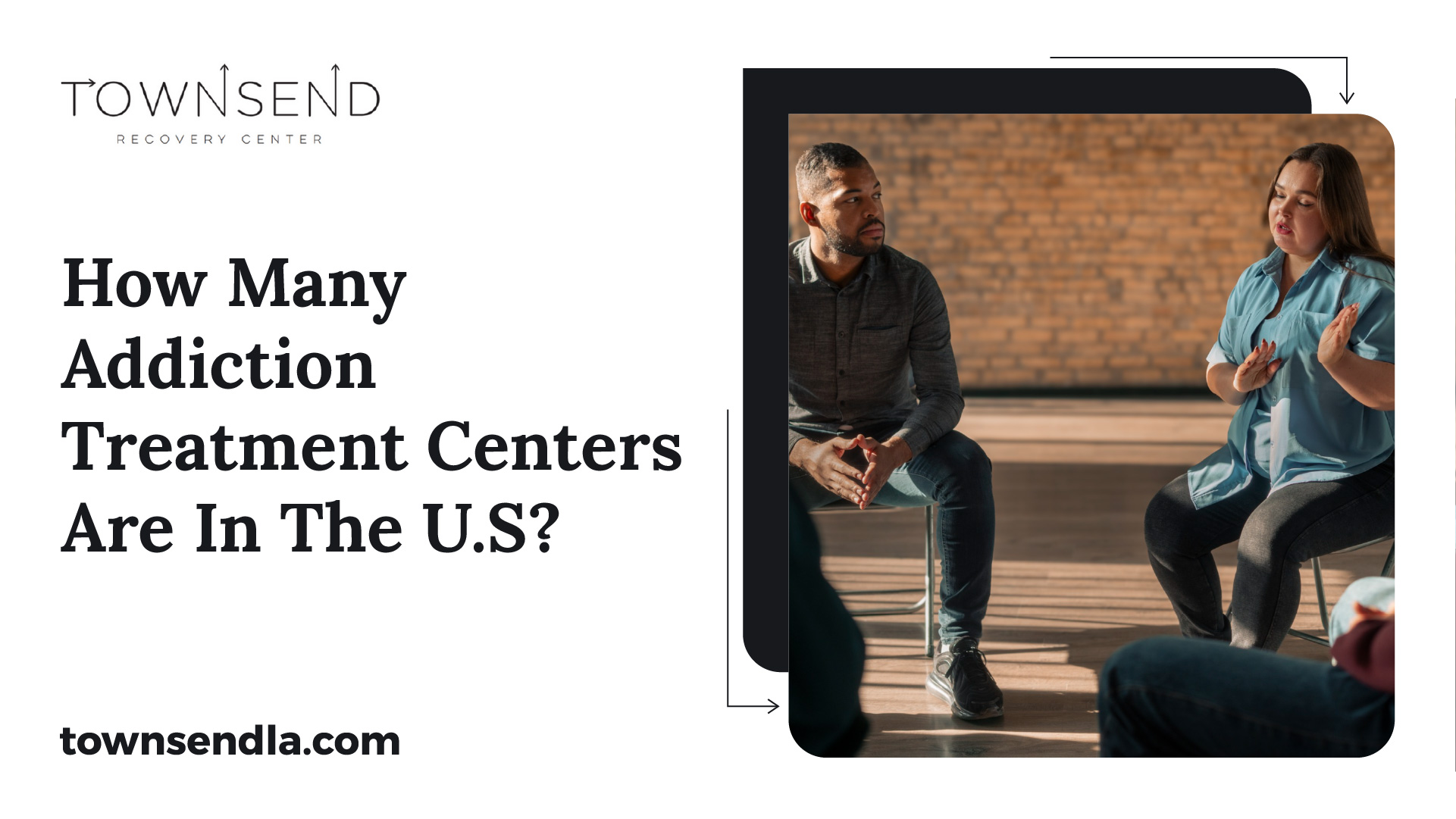Comprehending the Integral Role of Treatment in the Addiction Therapy and Recovery Process

Sorts Of Therapy Provided
Various evidence-based treatments are used in addiction treatment programs to deal with the complex needs of individuals dealing with material usage disorders. Cognitive-behavioral therapy (CBT) is a widely used technique that assists individuals determine and transform dangerous thought patterns and behaviors connected to drug abuse. By concentrating on developing coping methods and enhancing analytic abilities, CBT aims to avoid regression and promote long-lasting recovery.
One more typically used treatment is inspirational speaking with, which aims to help people discover the inner inspiration to transform their behavior. Through compassionate listening and non-judgmental guidance, therapists using this technique job with customers to explore their uncertainty towards healing and enhance their dedication to favorable adjustment.
Household treatment is also essential in addiction treatment, as it attends to the effect of compound misuse on domestic connections and dynamics - Addiction Treatment Center. By including relative in the restorative procedure, this strategy can boost communication, established healthy limits, and provide essential assistance for both the individual in recuperation and their loved ones
Benefits of Specific Therapy
Individual therapy plays an essential function in addiction therapy by providing personalized support and dealing with the certain demands and obstacles of everyone in recovery. This type of therapy offers a private and safe room for people to explore their ideas, feelings, and habits associated with dependency without concern of judgment. Via specific treatment sessions, clients can work very closely with a trained therapist to determine underlying concerns that might have added to their substance usage, create coping strategies, established possible goals, and track progression towards recuperation.
One significant advantage of private treatment is the customized approach it uses. Therapists can tailor treatment strategies to meet the one-of-a-kind demands of each person, thinking about their personal history, sets off, strengths, and weak points. This personalized approach increases the performance of therapy and assists people address their specific challenges better. In addition, individual treatment permits a deep expedition of underlying problems, such as injury, mental wellness disorders, or connection troubles, which might be adding to habit forming actions. By attending to these source in an one-on-one setup, people can acquire valuable insights, discover healthier coping systems, and make lasting changes that support long-lasting recovery.
Value of Group Treatment
Group therapy plays a critical duty in dependency treatment by promoting a sense of neighborhood and providing a platform for people to share their experiences and acquire assistance from peers facing similar obstacles. The team setup uses an one-of-a-kind atmosphere where people can really feel understood, approved, and encouraged by others that are experiencing similar battles. Addiction Treatment Center. This shared experience can help in reducing sensations of seclusion and shame typically related to dependency, advertising emotional recovery and individual development
Moreover, group therapy enables participants to gain from each other, using different viewpoints and dealing techniques that individuals may not have considered on their own. The feeling of camaraderie that creates within the additional info group produces an encouraging network that can expand beyond the therapy sessions, supplying individuals with a sense of belonging and responsibility as they navigate the recovery process. On the whole, team treatment acts as an effective device in dependency treatment, promoting connection, empathy, and mutual empowerment amongst individuals.
Restorative Strategies Made Use Of
Using evidence-based modalities and tailored treatments, specialists use a variety of specialized techniques to attend to the intricate demands of individuals undergoing addiction therapy. Cognitive Behavior Treatment (CBT) is an extensively used approach that aids individuals determine and change negative idea patterns and habits linked with dependency. Motivational Interviewing (MI) is one more strategy that concentrates on improving inspiration and commitment to change by checking out and dealing with uncertainty. Dialectical Habits Treatment (DBT) incorporates cognitive-behavioral methods with mindfulness methods to aid people regulate emotions and boost interpersonal abilities.
Eye Activity Desensitization and Reprocessing (EMDR) works in dealing with co-occurring injury and addiction by helping with the processing of distressing memories. Family members therapy plays a crucial role in attending to domestic characteristics and boosting support group for people in recovery. Mindfulness-based interventions, such as meditation and yoga exercise, promote self-awareness and anxiety reduction. Expressive treatments like art or songs treatment deal alternative ways for people to explore and reveal their emotions. Overall, the combination of varied restorative methods makes sure a personalized and detailed method to dependency therapy.

Treatment's Influence on Long-Term Recuperation

Treatment additionally supplies a helpful look at more info and secure atmosphere for people to explore their feelings and ideas, build self-awareness, and work in the direction of individual growth. By involving in treatment, individuals can establish important life abilities, improve their relationships, and work in the direction of producing a meeting and purposeful life devoid of the grip of addiction. The regular assistance and encouragement provided through therapy can empower people to stay dedicated to their recuperation trip and get over obstacles that might occur along the means.

Final Thought
Finally, therapy plays a vital role in addiction treatment and rehabilitation by providing numerous types of therapy, such as private and team therapy, to deal with the underlying concerns of addiction. Healing techniques used in treatment sessions help people develop coping skills and methods for lasting healing. The effect of therapy on long-term recovery is considerable, as it supplies support, assistance, and tools for individuals to keep soberness and lead a healthier, meeting life.
Various evidence-based therapies are offered in addiction therapy programs to attend to the intricate needs of individuals battling with material usage disorders.Specific therapy plays a critical role in addiction therapy by offering customized assistance and resolving the certain requirements and challenges of each individual in recovery. Expressive treatments like art or songs treatment deal alternate ways for individuals to check out and reveal their emotions. Therapy plays a crucial role in the long-lasting recuperation process by resolving underlying problems that add to dependency, aiding individuals create coping techniques, and giving continuous assistance as people navigate the difficulties of keeping sobriety.In conclusion, therapy plays a critical function in dependency treatment and rehabilitation by providing different types of treatment, such as private and group treatment, to resolve the underlying issues of dependency.